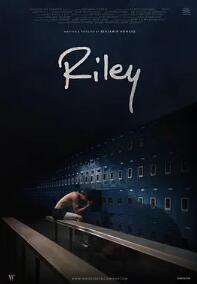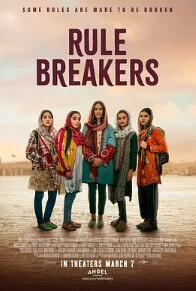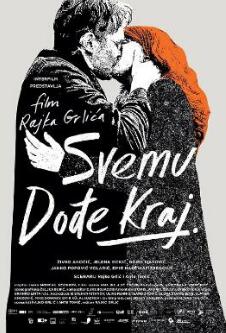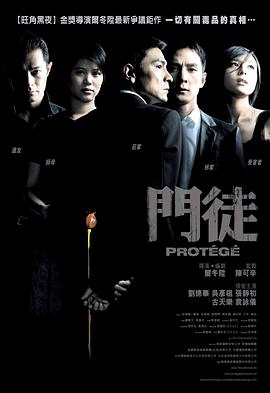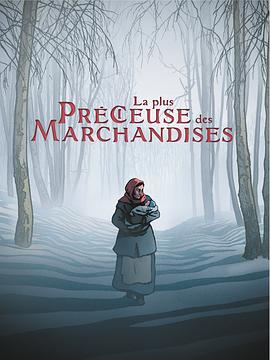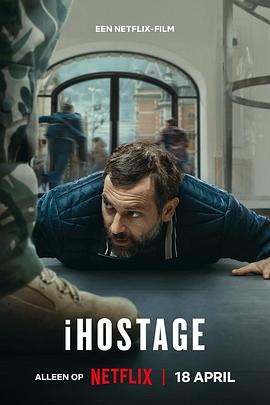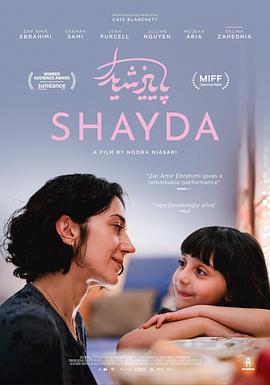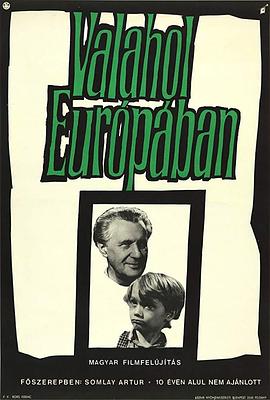
上映:
1948-11-19
备注:
更新至HD
评分:
剧情:
Somewhere in the remote region, the war ends. In the midst of ruined cities and houses in the streets, in rural hamlets, everywhere where people still live, are children who have lost their homes and parents. Abandoned, hungry, and in rags, defenseless and humiliated, they wander through the world. Hunger drives them. Little streams of orphans merge into a river which rushes forward and submerges everything in its path. The children do not know any feeling; they know only the world of their enemies. They fight, steal, struggle for a mouthful of food, and violence is merely a means to get it. A gang led by Cahoun finds a refuge in an abandoned castle and encounters an old composer who has voluntarily retired into solitude from a world of hatred, treason, and crime. How can they find a common ground, how can they become mutual friends? The castle becomes their hiding place but possibly it will also be their first home which they may organize and must defend. But even for this, the price will be very high. To this simple story, the journalist, writer, poet, scriptwriter, movie director, and film theoretician Béla Balázs applied many years of experience. He and the director Géza Radványi created a work which opened a new postwar chapter in Hungarian film. Surprisingly, this film has not lost any of its impact over the years, especially on a profound philosophical level. That is to say, it is not merely a movie about war; it is not important in what location and in what period of time it takes place. It is a story outside of time about the joyless fate of children who pay dearly for the cruel war games of adults. At the time it was premiered, the movie was enthusiastically received by the critics. The main roles were taken by streetwise boys of a children's group who created their roles improvisationally in close contact with a few professional actors, and in the children's acting their own fresh experience of war's turmoil appears to be reflected. At the same time, their performance fits admirably into the mosaic of a very complex movie language. Balázs's influence revealed itself, above all, in the introductory sequences: an air raid on an amusement park, seen in a montage of dramatic situations evoking the last spasms of war, where, undoubtedly, we discern the influence of classical Soviet cinematography. Shooting, the boy's escape, the locomotive's wheels, the shadows of soldiers with submachine guns, the sound of a whistle—the images are linked together in abrupt sequences in which varying shots and expressive sharp sounds are emphasized. A perfectly planned screenplay avoided all elements of sentimentality, time-worn stereotypes of wronged children, romanticism and cheap simplification. The authors succeeded in bridging the perilous dramatic abyss of the metamorphosis of a children's community. Their telling of the story (the scene of pillaging, the assault on the castle, etc) independently introduced some neorealist elements which, at that time, were being propagated in Italy by De Sica, Rossellini, and other film artists. The rebukes of contemporary critics, who called attention to "formalism for its own sake" have been forgotten. The masterly art of cameraman Barnabás Hegyi gives vitality to the poetic images. His angle shots of the children, his composition of scenes in the castle interior, are a living document of the times, and underline the atmosphere and the characters of the protagonists. The success of the picture was also enhanced by the musical art of composer Dénes Buday who, in tense situations, inserted the theme of the Marseilaise into the movie's structure, as a motive of community unification, as an expression of friendship and the possibility of understanding. Valahol Europaban is the first significant postwar Hungarian film. It originated in a relaxed atmosphere, replete with joy and euphoria, and it includes these elements in order to demonstrate the strength of humanism, tolerance, and friendship. It represents a general condemnation of war anywhere in the world, in any form.收起
 关闭
关闭 X
X相关影片
2024剧情片法国
HD
2023剧情片美国
Jake Holley Colin McCalla Riley Quinn Scott Connor Storrie 里比·希利斯 J.B. Waterman René Ashton Marcus Winchester-Jones Nigel Siwabessy Dallas Perry Alyssa Latson Caroline Amiguet Miranda Guiles Hunter Linton Jose Rico 赛迪·司各特 Luca Vega 卡莱蒂·威廉姆斯
The life of a disciplined high school athlete begins to unravel when his queer identity competes a
HD
2025剧情片美国
菲比·沃勒-布里奇 阿里·法扎勒 法希姆·法兹利 克里斯蒂安·孔特雷拉斯 妮可尔·布舍里 阿妮塔·马若尔 玛丽-巴图尔·普雷南特 Sami Fekkak 瓦·阿里 Mustafa Haidari 纳赛尔·米马齐亚 诺林·古拉姆高斯 约书亚·希 安娜贝尔·曼登 吴国耀 纳达·贝尔卡斯米 法基·埃尔基尔 Sara Malal Rowe Amber Afzali Robert Jackson 塔祖·卡尔瓦略 Petra Serafina Tóth 优素福·通齐 Nina Hosseinzadeh Richard
Set between 2017-2019, this is the real life journey of the first all girls' Robotics team from Af
HD
1975剧情片中国香港
HD
2023剧情片英国
HD中字
0剧情片其它
HD中字
2007剧情片香港
HD国语|HD粤语
2024剧情片日本
HD中字
2024剧情片法国
很久很久以前,膝下无子的穷樵夫与妻子过着寒苦日子。某日大雪,集装箱列车如常划破森林的宁静,却在铁轨旁遗留了一名婴孩。樵夫坚信那定是火车载运的万恶异族所抛下的孽种,妻子则认为是上天恩赐,执意留下孩子,而
HD
2023剧情片英国
HD中字
2025剧情片其它
HD中字
2023剧情片其它
HD
2023剧情片其它
HD
2025剧情片大陆
HD
正在热播
更多2025内地剧中国大陆
更新至第24集
2025内地剧中国大陆
更新至第24集
2020动漫中国大陆
更新至168集
2025内地剧中国大陆
更新至第22集
2025综艺中国大陆
更新至20250421期
2025内地剧中国大陆
更新至第20集
更新至20250421期
2025综艺中国大陆
更新至20250421期
2023动漫中国大陆
更新至85集
2025内地剧中国大陆
更新至10集
2025综艺中国大陆
更新至20250420期
2025综艺中国大陆
更新至20250420期
2025综艺中国大陆
更新至第20250420期
2024动漫中国大陆
更新至27集



